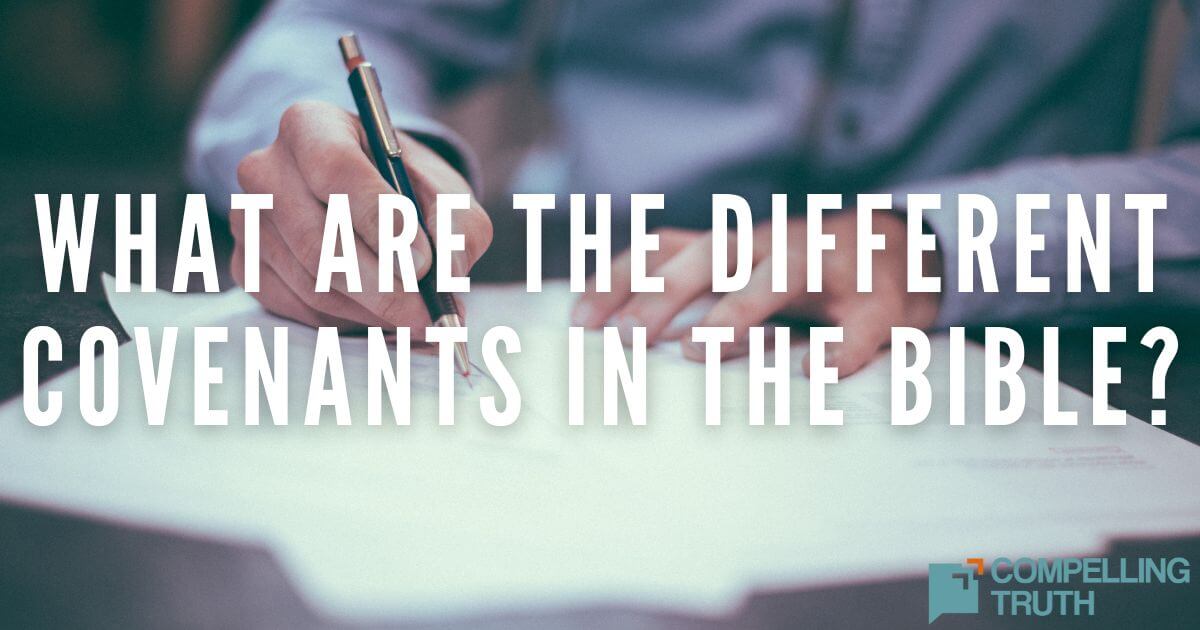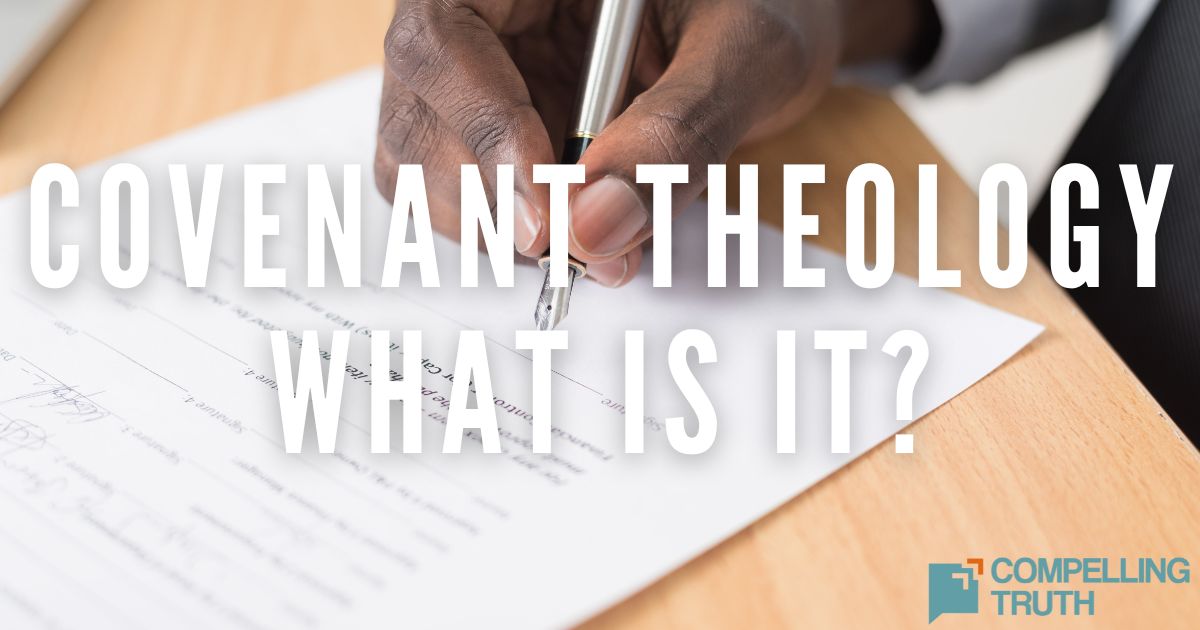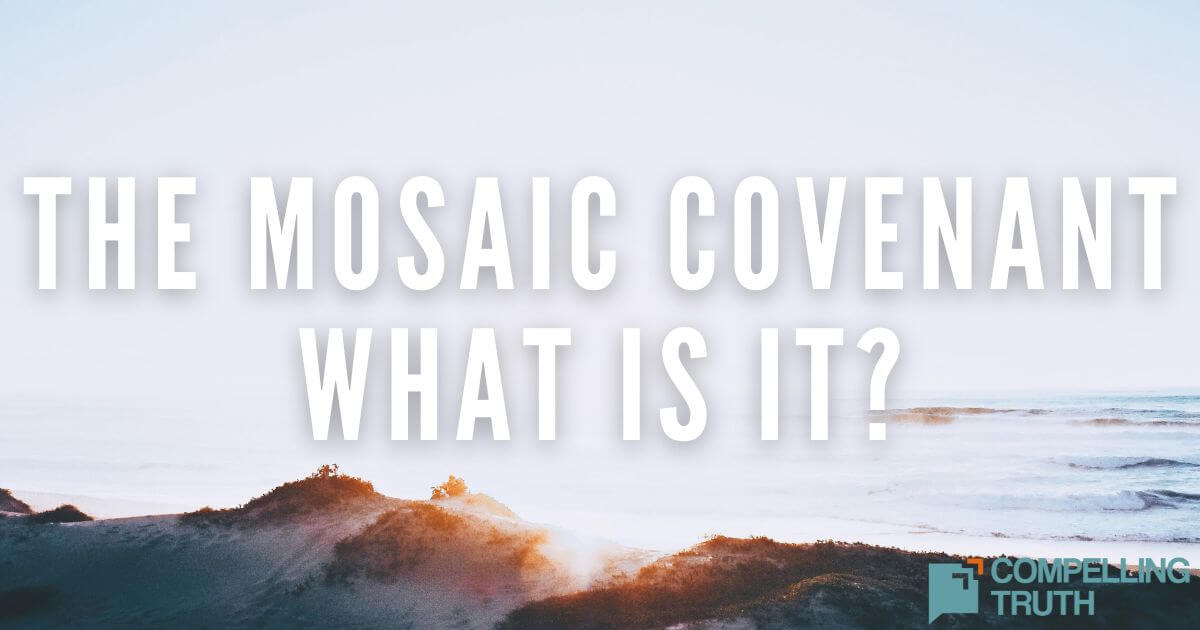what does the bible say?
The term “Palestinian covenant” does not appear in the Bible but is used because the land in question is located in what is today called Palestine. More precisely, it is the Land covenant of Deuteronomy 29–30. Made in Moab, it warned that Israel would be scattered for breaking the Mosaic law, while also assuring that God would one day restore them (Deuteronomy 29:1, 25–28; 30:1–10). This covenant was a continuation of God’s earlier promise to Abraham that his descendants would inherit the land (Genesis 15:18–21). Unlike the Mosaic covenant, which depended on Israel’s obedience (Exodus 19:5–6; Deuteronomy 28), this covenant was based on God’s own pledge to act regardless of their obedience (Deuteronomy 29:10–15; 30:3–5).
At its core, the covenant focuses on the land promise, which guarantees Israel’s future as a nation. That promise involves more than just territory: it envisions a regathered people, restored to the land, and transformed by God with new hearts to love and obey Him (Deuteronomy 30:1–8). The New Testament anticipates their ultimate fulfillment under the Messiah’s reign in the Millennial Kingdom (Revelation 20:1–6).




